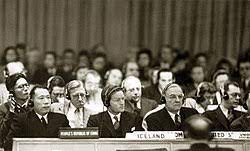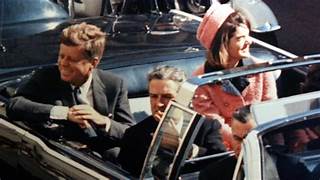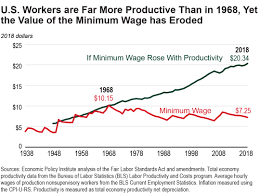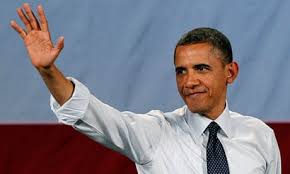On September 23, 1958, a historic moment took place in the international arena as the People's Republic of China was officially admitted into the United Nations (UN). This significant event marked a turning point in global politics and represented a major shift in the balance of power within the international community.
The admission of China into the UN was a long-awaited and highly debated decision. Since its establishment in 1945, the UN had recognized the Republic of China, led by Chiang Kai-shek, as the legitimate representative of China. However, following the Chinese Civil War and the victory of the Chinese Communist Party, led by Mao Zedong, the People's Republic of China emerged as the de facto government on the mainland.
For years, the Republic of China, which had retreated to Taiwan, held China's seat in the UN as the representative of the entire country. However, growing international recognition of the People's Republic of China and its rapid rise as a major global power led to calls for its inclusion in the UN.
The admission of China into the UN was a complex and politically charged process. The United States, initially a strong supporter of the Republic of China, gradually shifted its stance as it recognized the importance of engaging with the People's Republic of China. The US saw China as a crucial player in global affairs and sought to establish diplomatic relations with the country.
In 1971, the UN General Assembly passed Resolution 2758, which recognized the People's Republic of China as "the only legitimate representative of China to the United Nations" and expelled the representatives of the Republic of China. This decision reflected the growing consensus among member states that the People's Republic of China deserved a seat in the UN.
The admission of China into the UN had significant implications for global politics. China's entry into the international organization signaled a shift in the balance of power and represented a recognition of its growing influence on the world stage. It also highlighted the importance of engaging with major emerging powers and promoting multilateralism in international relations.
China's membership in the UN provided the country with a platform to voice its interests and perspectives on global issues. It allowed China to participate in international discussions, contribute to the formulation of global policies, and play a role in shaping the direction of the UN.
Moreover, China's entry into the UN opened up avenues for increased cooperation and collaboration between China and other member states. It facilitated the expansion of trade, cultural exchange, and diplomatic relations between China and the international community. China's participation in UN peacekeeping missions and its active involvement in various UN agencies and programs further solidified its role as a responsible global actor.
However, China's membership in the UN has also been a subject of controversy and criticism. Concerns have been raised regarding China's human rights record, its territorial disputes, and its approach to international norms and values. These issues continue to be points of contention and debate within the UN and among member states.
The admission of China into the UN on September 23, 1958, was a significant moment in international history. It marked the recognition of the People's Republic of China as a major global power and provided a platform for China to engage with the international community. It also underscored the importance of diplomacy, dialogue, and cooperation in addressing global challenges and promoting peace and development.





